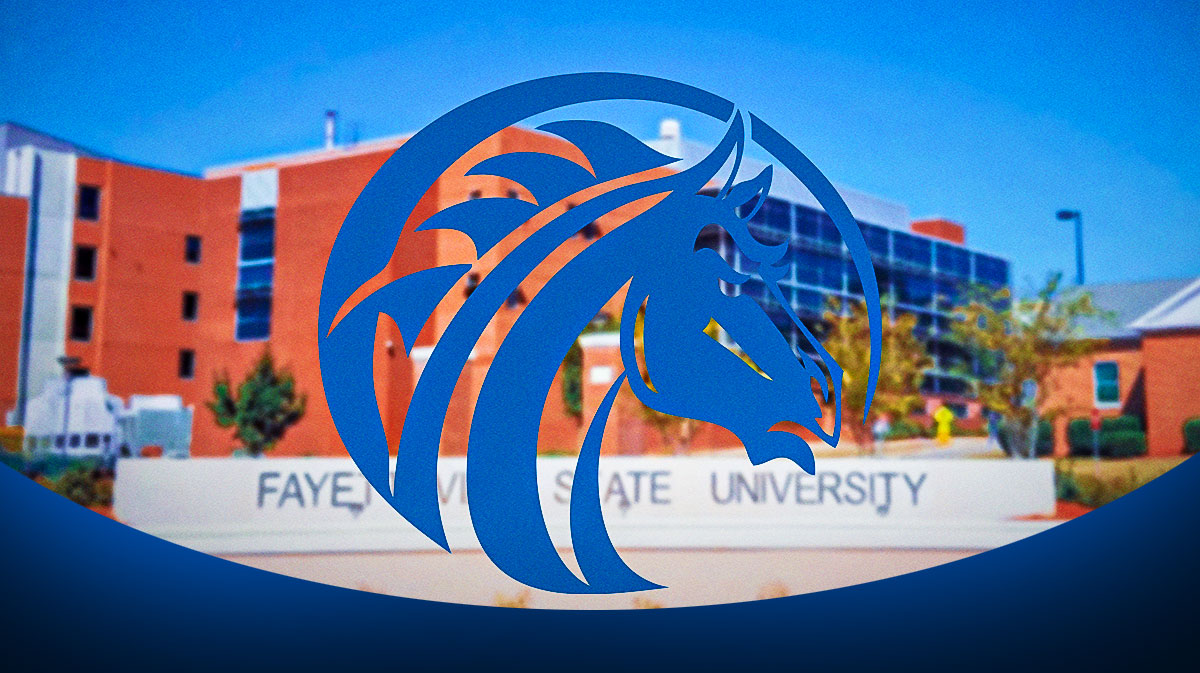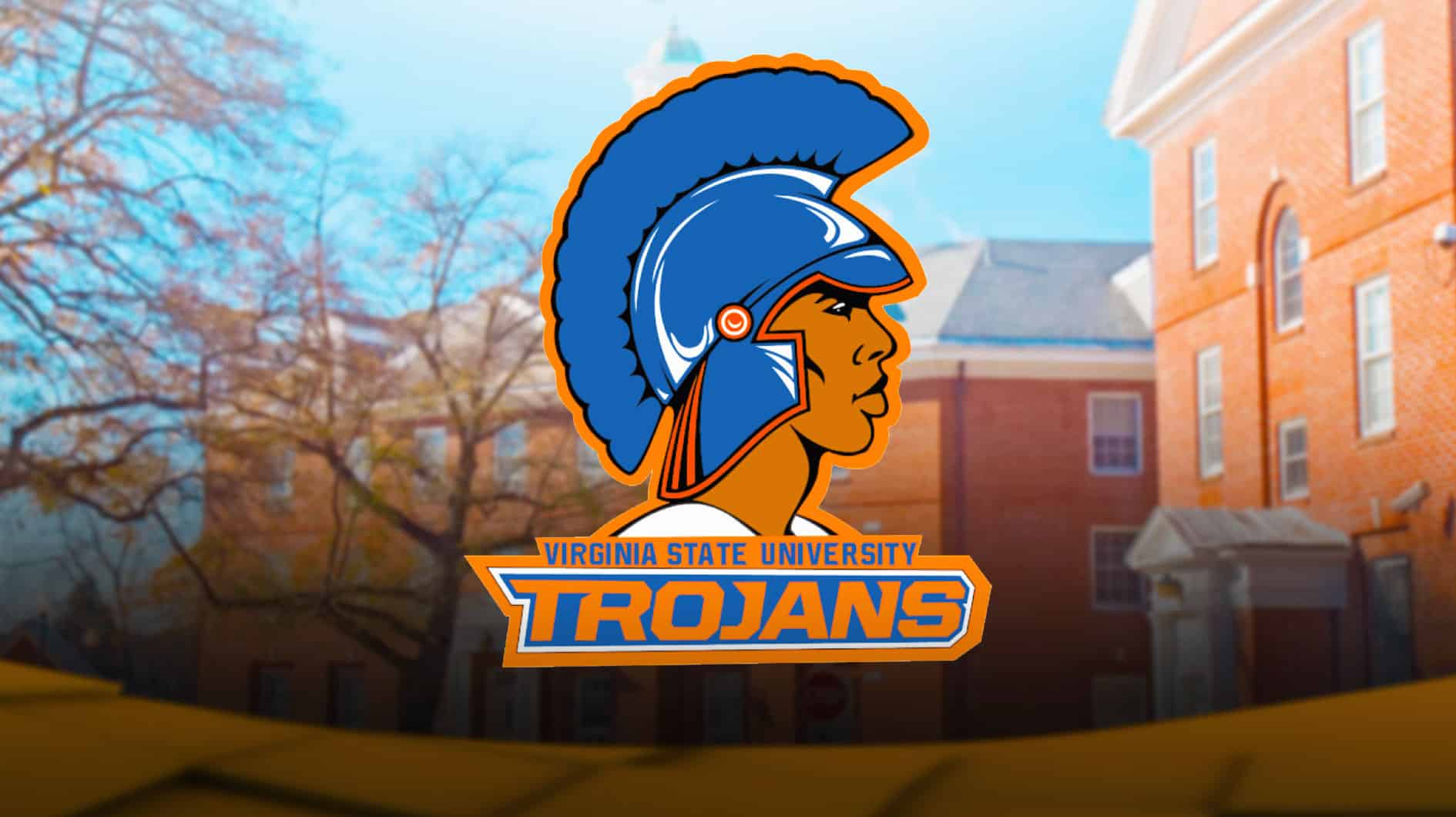In May, San Francisco Mayor London Breed pledged a significant financial package—ranging from $500,000 to $1 million—to support the establishment of an HBCU satellite campus in the city, per a report by the San Francisco Examiner. This initiative is seen as both a cultural enrichment strategy and a catalyst for economic growth in Downtown San Francisco.
Per the report, the funding will be allocated through a request for qualifications aimed at attracting HBCUs interested in expanding their reach to the West Coast. Mayor Breed’s vision, initially set forth in early February during a meeting with HBCU representatives, highlights the dual benefits of welcoming new academic institutions into the city’s landscape.
“Bringing an HBCU satellite campus here will boost our Downtown and our economy while bringing new minds and ideas to grow within our world-renowned culture of innovation,” she remarked in a press release.
The city plans to issue a grant by July or August to cover essential preparatory costs, such as planning, space acquisition, and local accreditation processes. Spearheading this effort is Sheryl Davis, Executive Director of the San Francisco Human Rights Commission, in collaboration with the Office of Economic and Workforce Development.
The project aims to bring together several HBCUs to create a cohesive educational hub that connects with local public schools and colleges. This collaboration would give Bay Area residents and HBCU students from across the country the chance to study in a lively, diverse urban setting. “Our main goal is to involve local residents—people from here who live here—but I can see it being open to folks from all over the country,” Davis explains.
This initiative is part of the broader Black 2 San Francisco program, which sponsored a six-week immersion for approximately 60 HBCU students from 20 different schools. The program was scheduled to commence this June and July, the program and featured lectures, workshops, and internships designed to explore career opportunities within San Francisco.
The February summit, led by Davis, featured significant participation from HBCU administrators and local university officials. The term “satellite campuses” is crucial because establishing a new HBCU isn’t feasible. The designation of HBCU was set by the Higher Education Act of 1965, signed by President Lyndon B. Johnson. Nevertheless, HBCUs can leverage this opportunity to establish satellite campuses in various cities and states beyond their main campus locations.
Representatives from institutions such as Morris Brown College, Howard University, and the Morehouse School of Medicine have expressed keen interest, with Morris Brown College President Kevin James acknowledging the potential of a Californian expansion.





